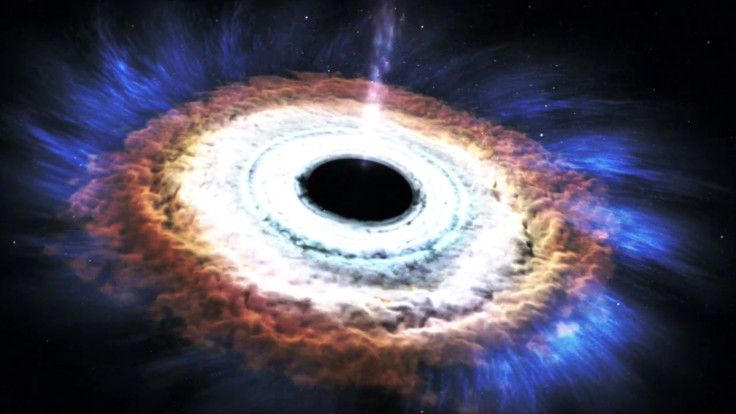Stephen Hawking: Soft hair, black holes and the information paradox

Stephen Hawking has published a paper on what happens to information when it is sucked into a black hole, taking us a step closer to solving the information paradox. In the paper, Soft Hair On Black Holes, Hawking, Malcolm Perry and Andrew Strominger say traces of this information might get left behind.
Hawking alluded to the idea in 2015 when he spoke at the Hawking Radiation Conference at the KTH Royal Institute of Technology. The information paradox has posed a problem for physicists for decades. The general theory of relativity says anything pulled into a black hole is lost forever but quantum mechanics says the opposite – that information cannot be completely lost, so it must be somewhere.

In the latest paper found on pre-print site arxiv.org, the team suggests charged particles crossing an event horizon would leave traces of themselves in the form of soft photons, which have no energy. While the original particles are gone, information about them could be preserved – lingering on the edge, or the "hairs".
"We show that when a charged particle goes in, it adds a soft photon to the black hole. So it adds 'hair' to the black hole," Strominger told Scientific American. "And more generally if any particle goes in - because all particles carry mass and are coupled to gravity – they always add a soft graviton.
"So there's a kind of recording device. These soft photons and gravitons record information about what went into the black hole – infinitely more information than we previously believed is recorded by this mechanism." The idea can be likened to the way a hologram is a 3D representation of an image.
In his presentation in 2015, Hawking said: "I propose that the information is stored not in the interior of the black hole as one might expect, but on its boundary, the event horizon ... The idea is the super translations are a hologram of the ingoing particles. Thus they contain all the information that would otherwise be lost ... The information about ingoing particles is returned, but in a chaotic and useless form. This resolves the information paradox. For all practical purposes, the information is lost."
Perry told Smithsonian Magazine that their paper might not be the "final answer" to the problem, but added: "We're saying that it's a step on the way."
© Copyright IBTimes 2024. All rights reserved.






